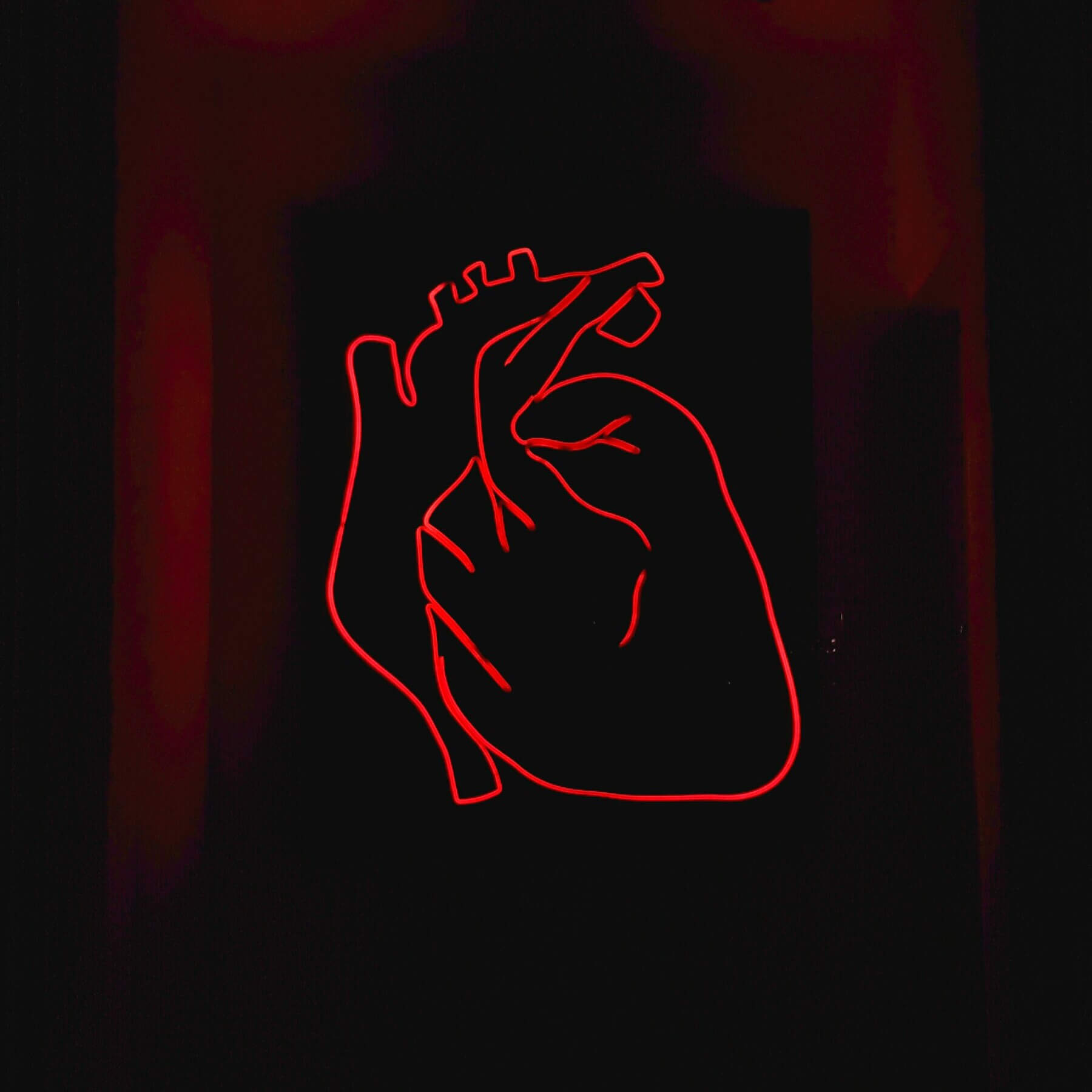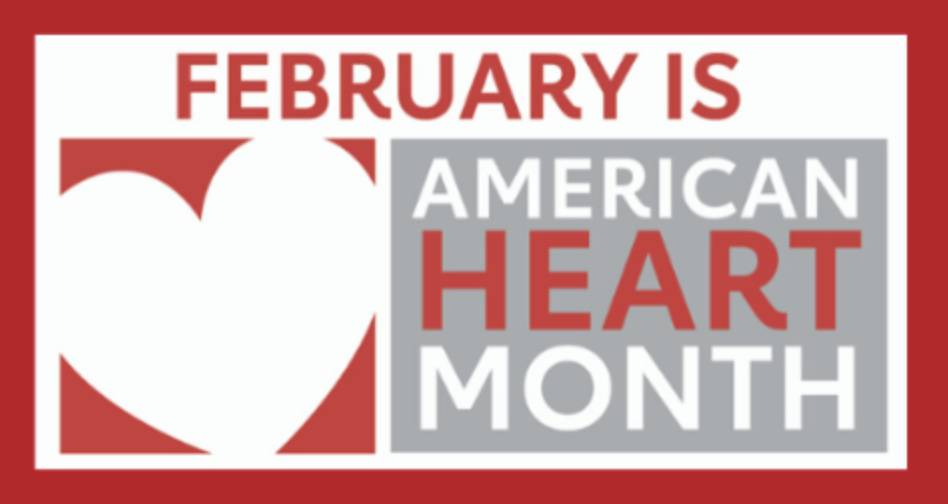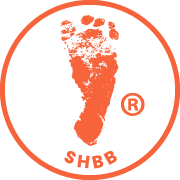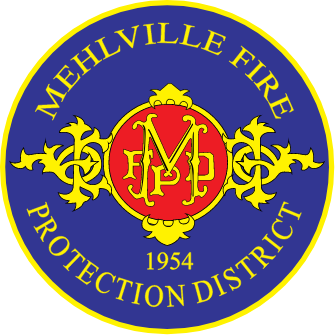Heart-Healthy Habits and Tips for American Heart Month
February is American Heart Month, a national public health campaign focused on raising awareness about heart health and the risk factors and signs/symptoms of a heart attack. The American Heart Association reports that heart disease is the number one killer worldwide, leading to more deaths than cancer.
American Heart Month began in 1964 with a proclamation by President Lyndon Johnson. This year marks the 40th anniversary of the awareness campaign. This month’s safety tips focus on heart-healthy habits, preventing heart disease, and understanding the symptoms and signs of a heart attack. Get heart healthy and discover how to keep your heart from breaking.
Table of Contents:
Synopsis:
During American Heart Month, take charge of your heart health. Learn the signs of a heart attack and embrace changes that help improve heart health and whole-body wellness.
Facts About the Heart
 Your heart is a muscle, and yes, it can break. Heart disease is the leading cause of death globally and in the U.S., and heart health is crucial for the health of your whole body. Here are five amazing facts about your heart:
Your heart is a muscle, and yes, it can break. Heart disease is the leading cause of death globally and in the U.S., and heart health is crucial for the health of your whole body. Here are five amazing facts about your heart:
- The heart weighs less than a pound (the average weight is 9 to 12 ounces)
- A heartbeat is simply the valves closing (it’s the noise they make)
- A heartbeat is visible at four weeks post conception (6 weeks gestation)
- Women have faster heartbeats, which is why there is an assumption that a fast heartbeat is a way to determine gender (it’s not; fetal heart rate is naturally faster)
- Your heart pumps 2K gallons of blood every single day!
Early Heart Attack Symptoms
Heart attacks can happen quickly and without warning, but in some situations, there are warning signs of an impending heart attack. Men and women might experience different symptoms, and the most common early signs and symptoms include:
- Chest pain
- Pain that radiates to the neck, shoulder, or back
- Dizziness
- Nausea
- Cold sweats
Is It Gas or a Heart Attack?
Gas pain could mimic symptoms of a heart attack, as pain in the stomach might be a symptom for some individuals. Seek help before symptoms become unbearable. If gas pain feels unbearable, it could be a more severe issue. When in doubt, go to the nearest emergency room or call 911.
Heart Health Risks
Heart disease runs in families, and certain habits also can lead to an increased risk of heart disease and heart attack. What we eat and our level of exercise impact heart health. Alcohol consumption, smoking, and vaping also affect cardiovascular wellness.
How Does Smoking Affect Your Heart?
Smoking increases the risk of both heart disease and heart attack. The Centers for Disease Control explains that smoking increases plaque build-up in the arteries; when plaque builds up, it clogs the vessels and narrows them, causing atherosclerosis.
Smoking poses a serious health risk, especially to heart health. Johns Hopkins that 20 percent (1 out of 5) of “smoking-related deaths” is attributed to heart disease. Smokers are at double to quadruple the risk of getting heart disease as nonsmokers, and those who smoke are twice as likely to suffer a stroke, per Johns Hopkins.
The takeaway: love your heart, and don’t smoke!
Is Vaping Bad for Your Heart?
Vaping has been perceived as a safer alternative to smoking, but when it comes to heart health, vaping isn’t healthy. One study from the National Institutes for Health (NIH) revealed that long-term vaping led to changes in the blood vessel function, increasing the risk for a heart attack.
Alcohol and Heart Disease
Alcohol’s correlation with heart disease might come down to excessive consumption versus moderation. According to an article in The Harvard Gazette, moderate drinking correlated to a lower risk of heart disease. Light to moderate drinking was linked to stress reduction, which, in turn, decreases the risk of heart disease.
However, researchers noted that the findings were separate from alcohol advocacy. They were not advising anyone to drink more; instead, the study aimed to find out why alcohol consumption (in light to moderate use) lowered heart disease risk. The stress reduction data could help individuals seek ways to relax and lower stress without needing to pour a glass of wine or beer.
Conversely, excessive alcohol consumption increases the risk of a condition called “alcoholic cardiomyopathy.” Health experts also explain that too much alcohol consumption leads to other health issues that increase the risk for heart disease, weight gain related to excessive calories from alcoholic drinks, for example, elevates the heart disease risk.
Tips for a Healthy Heart
American Heart Month advocates for awareness about heart attack and heart disease risk factors, and this campaign also aims to educate the public about ways to keep their heart healthy and strong. What we eat, the amount we move (or don’t move), our genetics, and other factors play a role in heart health. Some of these factors we can control, but others, like genetics, require at-risk individuals to communicate regularly with their primary care physician (don’t skip yearly physicals).
Two important factors can be controlled: what we eat and how much we move. A healthy diet and regular exercise keep the heart healthy and strong.
Heart-Healthy Snacks
Convenient foods like chips and candy bars are not good for the heart. Avoid sugar-laden and fatty foods when grabbing a snack. Instead, choose healthy options for the heart and the whole body. Easy and healthy snacks include:
- Fruit
- Hummus and vegetables
- Almonds
- Popcorn
- Avocado (good fat!)
- Smoothies
Probiotics and Heart Disease
Probiotic drinks and foods are now popular. Are probiotics powerful against heart disease? Are they heart-healthy? Johns Hopkins explains that probiotics in foods like yogurt could lower blood pressure. Lower blood pressure, in turn, places less stress on the heart and helps lower the risk of heart disease. However, doctors do not have enough data yet to recommend probiotic-laden foods to the public.
Yoga for Heart Health
Regular exercise keeps the heart healthy. According to the CDC, adults should clock 150 minutes of moderate-intensity exercise per week plus strength training twice weekly. Moderate-intensive physical activities elevate the heart rate to a level conducive to heart health; the heart needs a workout to stay healthy!
Yoga studios have moved into many neighborhoods, and many individuals have adopted a regular yoga practice. Is yoga good for heart health? All exercise can be beneficial. Yoga’s strength is that it also combines relaxation techniques into the practice. Lowering stress can aid heart health. The American Heart Association reports that yoga also lowers blood pressure and cholesterol.
Foods to Lower Blood Pressure
Elevated blood pressure puts stress on the cardiovascular system. Some foods naturally help decrease blood pressure, although some individuals might need to take a medication that aids in lowering blood pressure, too.
Some foods that help lower blood pressure include:
- Berries
- Fatty fish
- Yogurt
- Leafy greens
- Pistachios
- Bananas
Life-Saving Strategies
A heart attack can happen in an instant, or an individual could experience warning signs and symptoms. What should you do if a friend or loved one (or even a stranger) is experiencing a possible heart attack?
The most important step is not to panic. Call 911 immediately. If the individual is not breathing, CPR is a necessary next step. A 911 operator can talk an individual through basic CPR.
If the individual is experiencing chest pains and a heart attack is suspected, aspirin can be a life-saving medication. Chewable aspirin can help reduce the blood’s ability to clot, which, in turn, helps prevent a heart attack.
Advanced Cardiac Life Support (ACLS)
Mehlville Fire Protection District’s EMTs hold advanced cardiac life support (ACLS) certification and know the proper life-saving techniques for cardiac distress, heart attacks, and cardiac arrest. Our crews and medical first responders are here to help our residents during these crises.
 During American Heart Month, we want everyone to learn how to control their heart health and stay healthy. Learn the warning signs of a heart attack, and always call 911 when a heart attack or stroke is suspected.
During American Heart Month, we want everyone to learn how to control their heart health and stay healthy. Learn the warning signs of a heart attack, and always call 911 when a heart attack or stroke is suspected.

